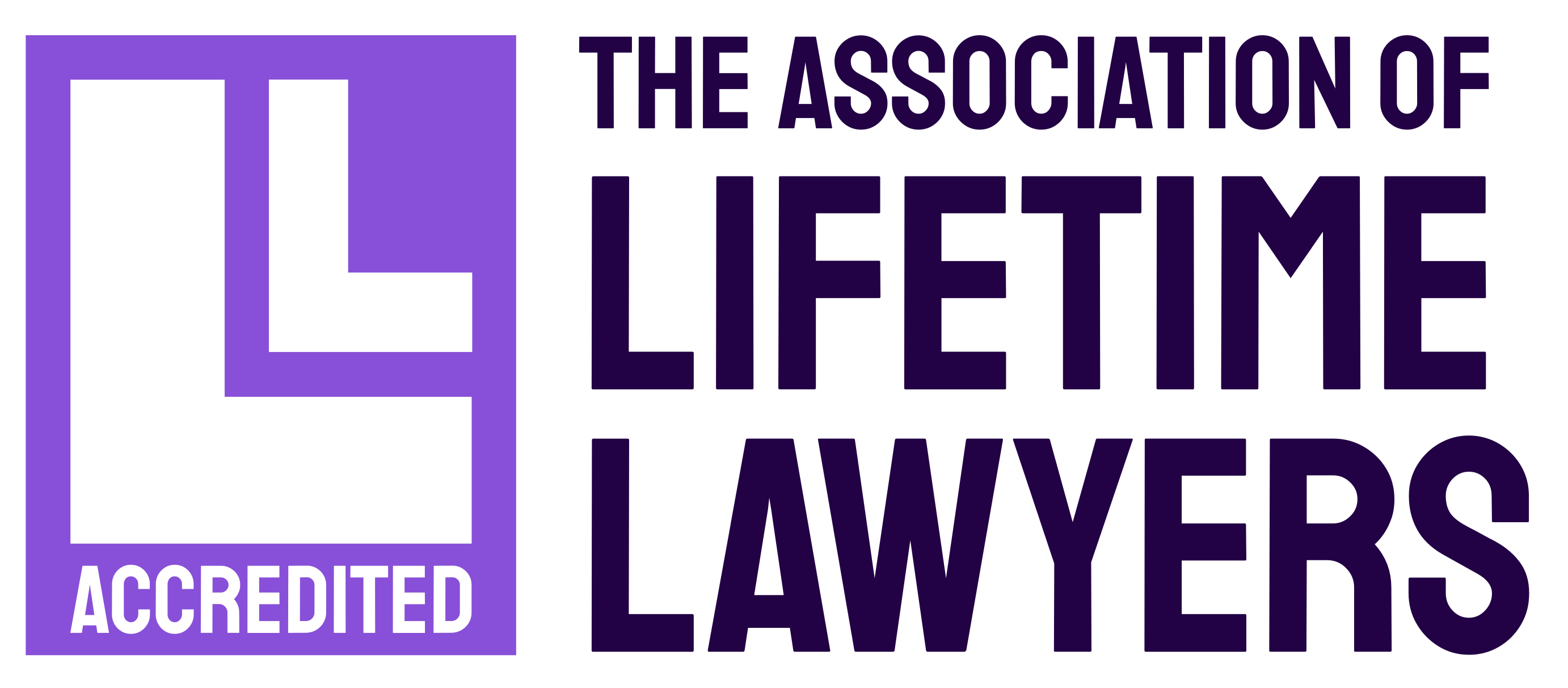News & insights
Busting the myths regarding EPCs
29th March 2019

By Martin Williamson, Head of Residential Property at Latimer Hinks Solicitors.
If you have bought, sold, built or rented a property since 2007, you will be aware of the necessity of an Energy Performance Certificate (EPC). An EPC tells you how energy efficient your property is on an A to G scale, where A is very efficient, and G is inefficient. Inefficiency leads to higher costs to the energy bill payer.
The initiative was introduced to inform a potential homeowner, or indeed business owner, how much a property costs to heat and light, and how much CO2 it emits. It can also help to guide you towards measures you could take to improve your energy efficiency.
EPCs are essential, but how much do we know about them and their function?
Myth 1: EPCs last forever
EPCs last for ten years, and then must be reissued in order to buy, sell or rent a property. Even if you have a valid EPC, it is important to check that it is up to date, as this may affect the property’s value. For example, since you moved in, you may have double glazed the windows, replaced all the lightbulbs with low energy ones, and had some insulation fitted. These would all increase your energy efficiency rating, and you would be short-changing yourself to use your original EPC.
Myth 2: All ratings are equal
NAME from ESTATE AGENT says: “If you are renting out a property, you need to be aware of the Government’s Minimum Energy Efficiency Standard (MEES), which were introduced last April. For rental properties, the lowest EPC rating allowed is E, which means that if a landlord has a property rated EPC level F or G, they must invest in the property in order to raise the standards. MEES was introduced to discourage landlords from renting out properties that would cost tenants more to run in the long term.”
Myth 3: You don’t need an EPC if you’re selling or renting privately
It’s a common misconception that you only require an EPC if you’re not selling a property through an estate agent. The only exemptions are specialised buildings, including churches, temporary buildings and listed properties.
Even if you’re selling as part of a private agreement, between friends or family, or through an advert you have placed yourself in the newspaper, it is a legal requirement for you to provide the new owners or tenants with an EPC.
Myth 4: EPCs are free
In general, EPCs cost between £60 and £120, so it is worth comparing a few quotes to see what will work best for you. You must, however, ensure that the assessor is registered on the EPC register, otherwise it will not be valid. You can find your nearest assessors, or check that an assessor is registered on the Ministry of Housing, Communities and Local Government website, or you can arrange an EPC through your estate agent.
Myth 5: EPCs were introduced by the EU, so post-Brexit, I won’t need one after March 29th
In 2017, the Government confirmed that the UK would still comply with EU energy efficiency laws, and that EPCs would still be a requirement post-Brexit. This does not mean that they will not be reformed or improved upon in the future, but it is important to be aware that, at present, Brexit will not affect the legal requirement to have an EPC in place.
Please note: This article is intended as guidance only. No responsibility for loss occasioned/costs arising as a result of any act/failure to act on the basis of this article can be accepted by Latimer Hinks. In addition, no responsibility for loss occasioned/costs arising as a result of any act/failure to act on the basis of this article can be accepted by the firm.

Martin Williamson




